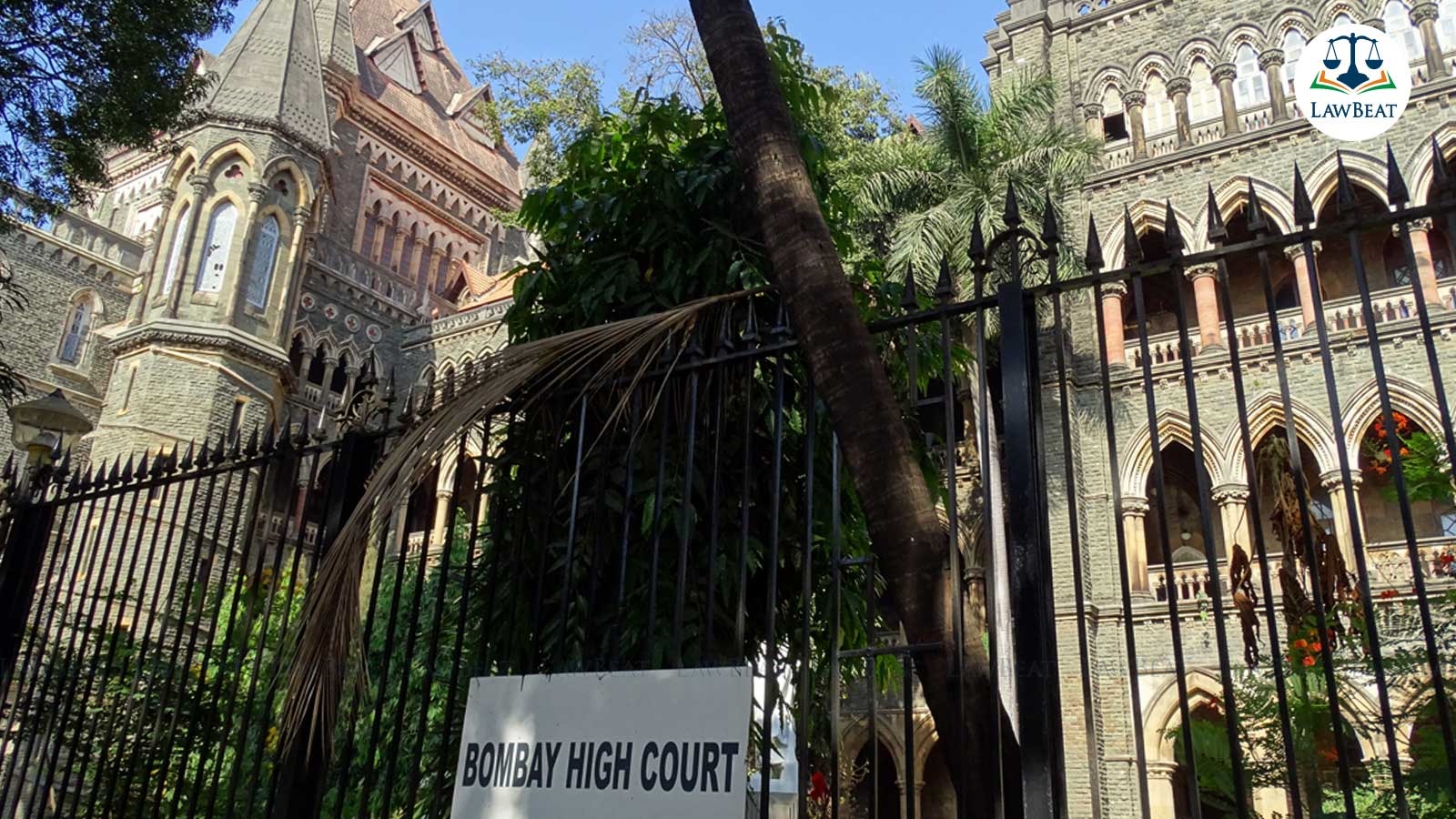PILs Are Sacred; Should Not Be Made Instrument: Bombay HC Rejects Plea Seeking CBI Probe Against BMC Officers

Sanjay Kokate, the president of a charitable trust, filed a PIL alleging that several BMC officers were involved in corruption, and despite his numerous representations, no action was taken
The Bombay High Court stated on Wednesday that Public Interest Litigations (PILs) are sacred and should not be used as instruments.
The division bench of the High Court, consisting of Chief Justice Devendra Upadhyaya and Justice Arif Doctor, was hearing a PIL filed by the President of a trust.
The PIL sought an investigation by the Central Bureau of Investigation (CBI) against certain officers of the Brihanmumbai Municipal Corporation (BMC), alleging corruption.
“It is very easy to level allegations of bribes. But where is the proof? You should refrain before making such allegations. There is nothing on corruption. These kinds of PILs are unnecessarily eating our court's time. Please keep the stream of PIL as sacred as possible. It should not be made an instrument,” the court said.
Sanjay Kokate, the president of a charitable trust, filed a PIL alleging that several BMC officers were involved in corruption, and despite his numerous representations, no action was taken.
Kokate argued that while one person had filed an FIR for the same, only one BMC officer was named as an accused in the FIR, and not the others allegedly involved.
He sought an investigation by the CBI against all the officers who were not named as accused in the FIR.
However, the high court noted that Kokate had not included the respective officers as party respondents in the PIL and only named the Commissioner of BMC and the Anti-Corruption Bureau.
Later, upon several queries put forth by the bench, it was found that Sanjay Kokate had not provided any evidence to substantiate his claims.
Consequently, the High Court proceeded to dismiss the PIL while observing that under Article 226 of the Constitution, only in exceptional cases could the high court transfer an investigation.
“In very exceptional circumstances or cases, the court while exercising jurisdiction under Article 226 can transfer investigation to CBI. However, before passing such an order, this court needs to be satisfied of the circumstances that exist warranting the transfer of investigation of CBI. Such transfer of investigation of offences is normally permissible in case the reported offence has interstate or all-India repercussions. In the entire petition, nothing has been brought to our notice to persuade us to transfer the investigation to CBI,” the order reads.
Case title: Sanjay Kokate v. Brihanmumbai Municipal Corporation & Ors
